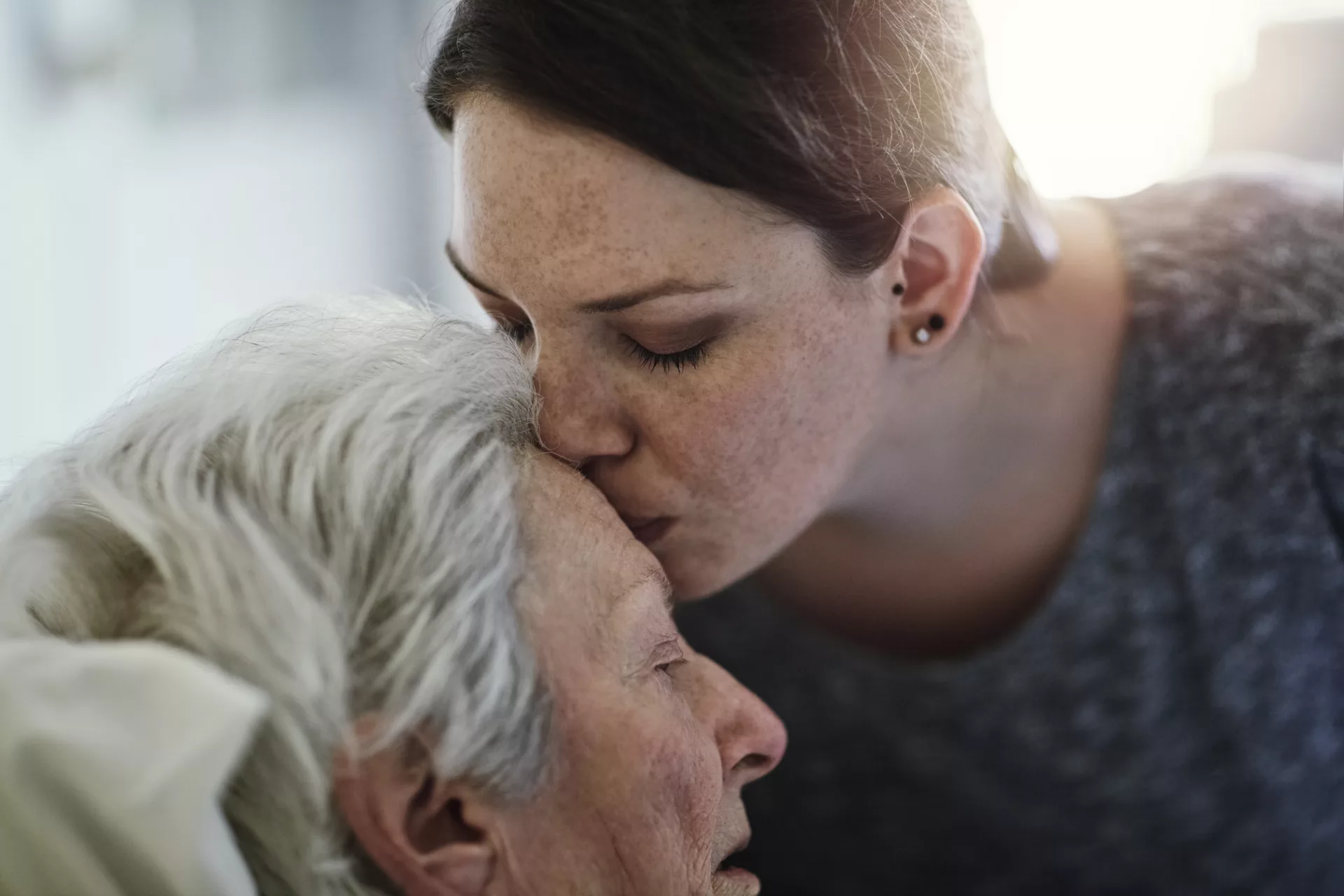Clinicians charged with the care of individuals coping with dementia – whether they are primary care providers, specialists, residential care providers, hospice providers, or any other clinician involved in such care – face unique and daunting challenges on many levels. With dementia impacting 6.7 million patients and 11 million unpaid caregivers in the US, and with that number only increasing as our population ages, complexities exist around effective medical treatments, advance directives, refusal of treatment and care, hospice eligibility, and quality of life.
What can be done differently to better support the clinicians who take on the difficult task of caring for dementia patients while ensuring quality care and quality life? The experts involved in this work suggest that advance directives tailored to the dementia trajectory be developed to allow people to guide their future dementia care. They also recommend the discussion tools specifically designed for dementia patients and their caregivers be implemented to help support decision-making. In addition, they call on experts in the fields of primary care, geriatric medicine, palliative care, and hospice care come together to build evidence-based national guidance for patients choosing to voluntarily stop eating and drinking. They also call on clinical and legal practitioner discussions and policy development in the area of dementia-specific issues that are not fully covered by existing medical decision-making provisions. Additional recommendations exist for federal and state policy-makers and research funders. It is not fair for clinicians to be expected to take on the incredible complexity of dementia care, especially at the end of life, without the proper guidance and tools in place to support them. The tools that are assumed to be best practice for the non-dementia population just do not apply for all dementia patients. While the burden only increases on clinicians, the quality of life for dementia patients and their caregivers often suffers. It is time to focus on dementia care in a meaningful, innovative, and collaborative way.
Source Material:
“Facing Dementia: Clarifying End-of-Life Choices, Supporting Better Lives” edited by Berlinger, N; Largent EA; Buchbinder M; Solomon MZ; released January-February, 2024, by The Hastings Center Report, and available at https://www.thehastingscenter.org/news/facing-dementia-clarifying-end-of-life-choices-supporting-better-lives/



